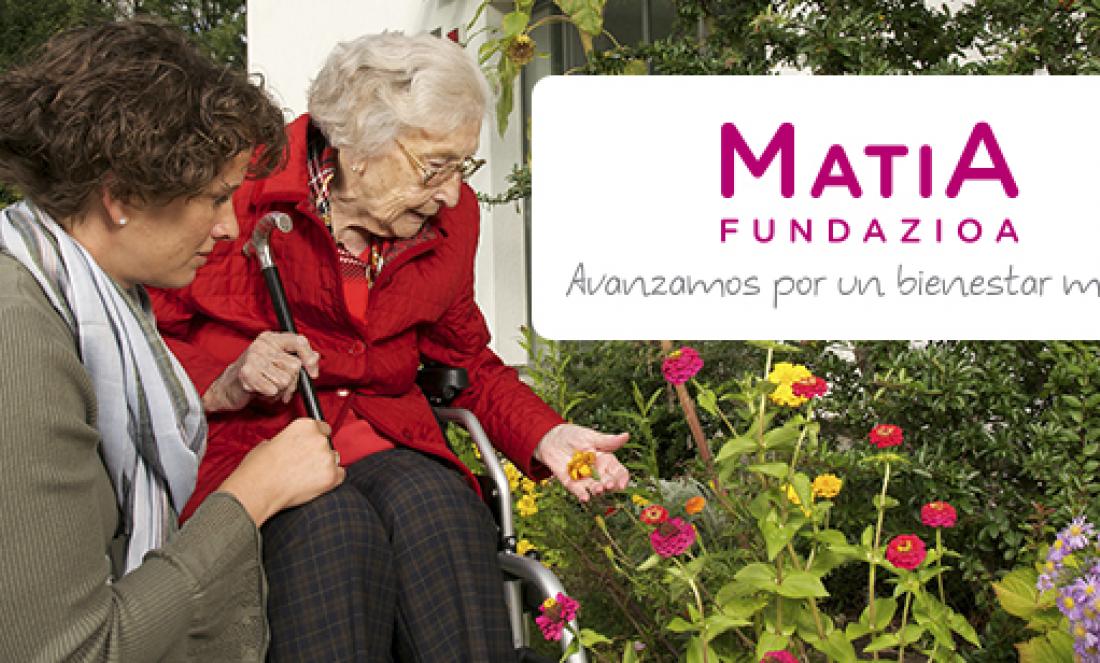
Person-centred care model. Practical notebooks. Notebook 1. Person-centred attention. What does it consist of?
In recent years there has been a growing interest in Person Centred Care (PCC) in the elderly care services sector.
Although the PCA has been an internationally recognized approach for several decades as one of the axes that must be present in a quality care, it is not always clear what it means and implies in terms of concept and organization of care.
This first booklet aims to clarify what the ACP is and what it means in terms of the day-to-day care it provides. To this end, in an abbreviated and easy-to-read format, some key ideas and their main commitments in the design of services and the provision of care are highlighted.
It highlights the idea that person-centred care is a professionalised model that seeks to care by supporting people to continue to have control over their environment, their care and their daily lives, developing their abilities and feeling good. A professionalised model that seeks to increase the quality of care from dimensions related to quality of life.
The ACP moves away from traditional care models where care is determined by uniform procedures derived from needs associated with classifications of illnesses and degrees of dependency and by organizational constraints (what has sometimes been called service-centered care models).
Committing to ACP as a resource and making it effective implies, first of all, a vision of the elderly that starts with the recognition of their value and uniqueness, that looks at capabilities (as opposed to deficits) and that supports the self-determination of individuals.
In line with this vision, ACP aims at a good practice where direct care professionals, besides protecting people and meeting their diverse needs, become "empowerers" of the users. Professionals relate to each other based on knowledge of life stories and on listening, seeking opportunities and support so that each user can develop his or her abilities, have control over his or her daily life and, as a result, feel better.
A good professional practice where the environment and the provision of support play a fundamental role. Home and accessible environments, meaningful activities, family and social relationships, closeness to the community and organisational flexibility become, from a focus, essential elements.
Booklet 1: http://www.matiafundazioa.net/documentos/ficheros/publicaciones/1.euskera-castellano.pdf

Add new comment